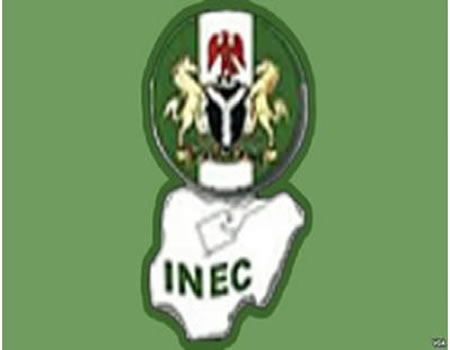Some argue that if the legislature has powers to make laws, it can also amend the laws. No doubt, this is factual but also largely systematic. It is trite that acts of a parliament have a red line. Thus, the reordering bill if vetoed will prima facie become laws, though defective. However, the position may likely be altered by a judge’s gavel on account of independence of the electoral body as provided in Section 158 of the 1999 Constitution of the Federal Republic of Nigeria, as amended.
Generally, democracy is a game of numbers and the same principle guides legislative tasks. Nonetheless, the benchmark of quality in lawmaking is the repugnancy test. Hypothetically, a barbaric law seeking to eliminate newly born-twins as in the olden days though may have been successfully passed and vetoed with two-thirds majority will inevitably be knocked out by the court. It is therefore imperative to underline that legislative matters go beyond numbers but alongside prudence, realism and reasonableness. By the controversial bill, it implies that where a particular election is postponed over critical unpredictable circumstances or annulled for a repeat over fundamental flaws by the court, all other elections will be annulled since elections must hold as ordered. What a blunder!
The second element is the object or purpose of a bill. A bill that is deficient in goals and objectives is good-for-nothing. It is insufficient to hit the gavel over numerical strength in support of a bill. Emphatically, bills must be devoid of conflicts with existing laws. Where such occurs, even if overwhelmingly endorsed alongside all ECOWAS parliaments, the court will notwithstanding, inevitably set it aside. Primarily, a bill seeking for amendments must show clearly the mischief it intends to remedy. Incidentally, the contentious reordering of elections, perceptibly, lacked any clear objectives. Above all, it is conventionally the administrative duties of the electoral umpire to plan and conduct elections globally. The Constitution repetitively, generally guides INEC on the salient issues vis-à-vis time of elections in Sections 132, 76, 178 and 116 for President, National Assembly, governors and House of Assembly respectively.
- Carl Umegboro-Abuja




